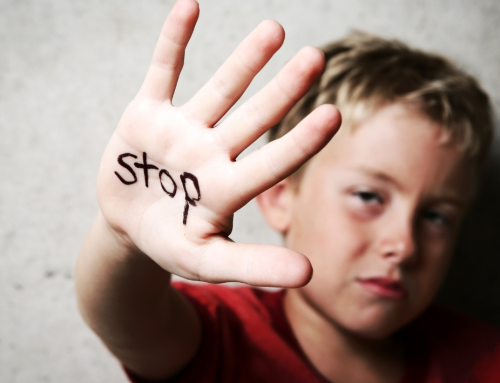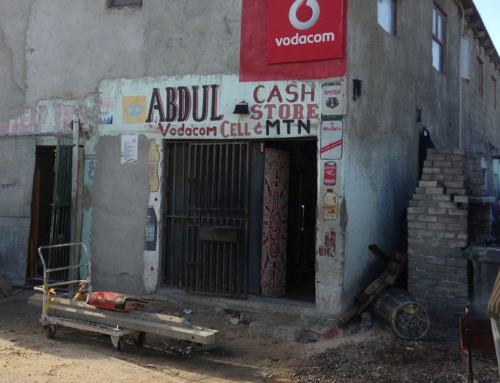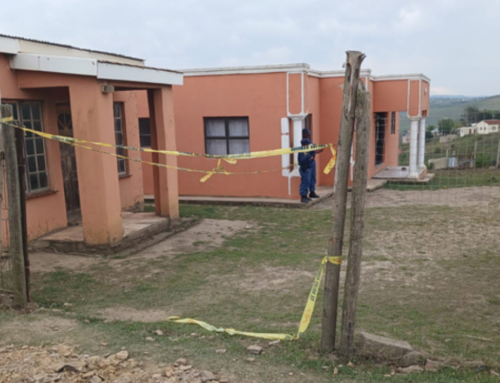 Media Statement Article by Thandi Nontenja, UDEMWO Secretary General
Media Statement Article by Thandi Nontenja, UDEMWO Secretary General
As we reflect on International Day of Families, on 15 May 2024, the United Democratic Movement Women’s Organisation (UDEMWO) remains concerned about this nucleus unit that is supposed to keep our society intact.
UDEMWO wishes to highlight the importance of family well-being, as the day aims to promote positive relationships and support systems that contribute to the overall welfare of individuals and communities.
International Day of Families serves as an opportunity to raise awareness about various issues affecting families and to deepen understanding of the social, economic, and cultural dynamics that influence them. It emphasises the significance of fostering strong, healthy families to strengthen bonds and foster harmony within societies.
South Africa has one of the highest levels of economic inequality globally. Many families struggle to make ends meet, leading to financial stress and instability within households. Poverty remains an issue with many families living below the poverty line. This can result in inadequate access to basic necessities such as food, shelter, and healthcare, affecting the overall well-being of family members.
UDEMWO is also concerned with the crisis of child-headed households, which is particularly prevalent in this country, where many children must fend for themselves without parental care. In 2022, there were about 44,000 children living in child-only households. These children take on adult responsibilities, such as caring for younger siblings and they are often exposed to the harsh realities of poverty, lack of education and violence. These children are being robbed of the opportunity to truly experience childhood, safety of a family, which is hindering their emotional well-being and development.
High levels of unemployment, particularly among youth, can also place strain on families as individuals struggle to find stable employment and contribute to household finances. South Africa’s high rates of crime and violence, has a profound impact on family dynamics. Domestic violence, in particular, is a pervasive issue that affects many families across the country. Substance abuse, including alcohol and drug addiction, disrupts family relationships and contribute to dysfunctional dynamics within households.
South Africa still has one of the highest HIV/AIDS prevalence rates globally, which results in loss of family members and increased caregiving responsibilities for those affected. Traditional gender roles and societal expectations can place pressure on families to conform to certain norms, which may not always align with individual preferences or circumstances.
Addressing these challenges requires comprehensive efforts from government, civil society, and communities to implement policies and programs that support families and promote their well-being. Moreover, child-headed households are a critical policy issue that should be prioritised and addressed by the Department of Social Development and Human Settlements. UDEMWO believes in initiatives focused on economic empowerment, social support systems, access to education and healthcare, as well as addressing systemic issues such as inequality and violence.





























